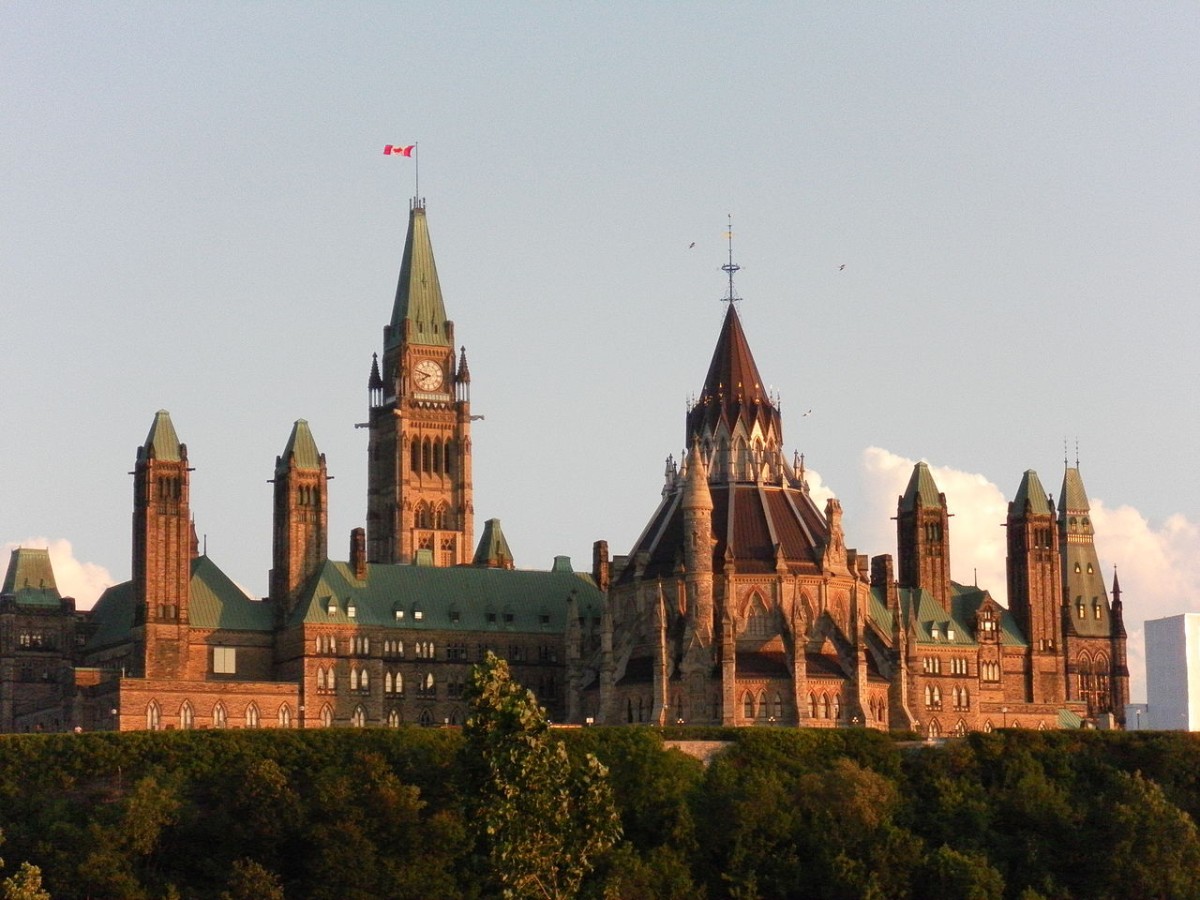It should be made clear that Trudeau still rejects proportional representation—a system where parties get seats based on their vote percentage—and continues to partially blame opposition parties for his own inaction. He still prefers a ranked ballot system—where you number your preferred candidates in order on your ballot—which would not have made “every vote count” as he pledged in 2015. A recent article from NDP MP Matthew Green and Joseph Gubbels showcases Trudeau’s flawed approach to reform.



Bloc, not Bloq.
If that means they get a proportional representation of their party based on the number of Canadians that voted for them, I don’t see the issue, it’s the federal election, using a purely proportional system it would be based on the vote of Canadians as a whole, so yes the Bloc could end up with more seats than they traditionally get with FPTP. That’s why you do it for the whole country instead of creating more disproportion like you can see with Quebec getting a higher % of seats than its population should let it have.
Distributing it based on who was the closest to winning their seat also removes the power from the parties to choose who gets the extra seats, it also increases the odds that seats will swing during the next election because people are now represented by two MPs, so the alternative have a chance to prove they’re the better candidate.